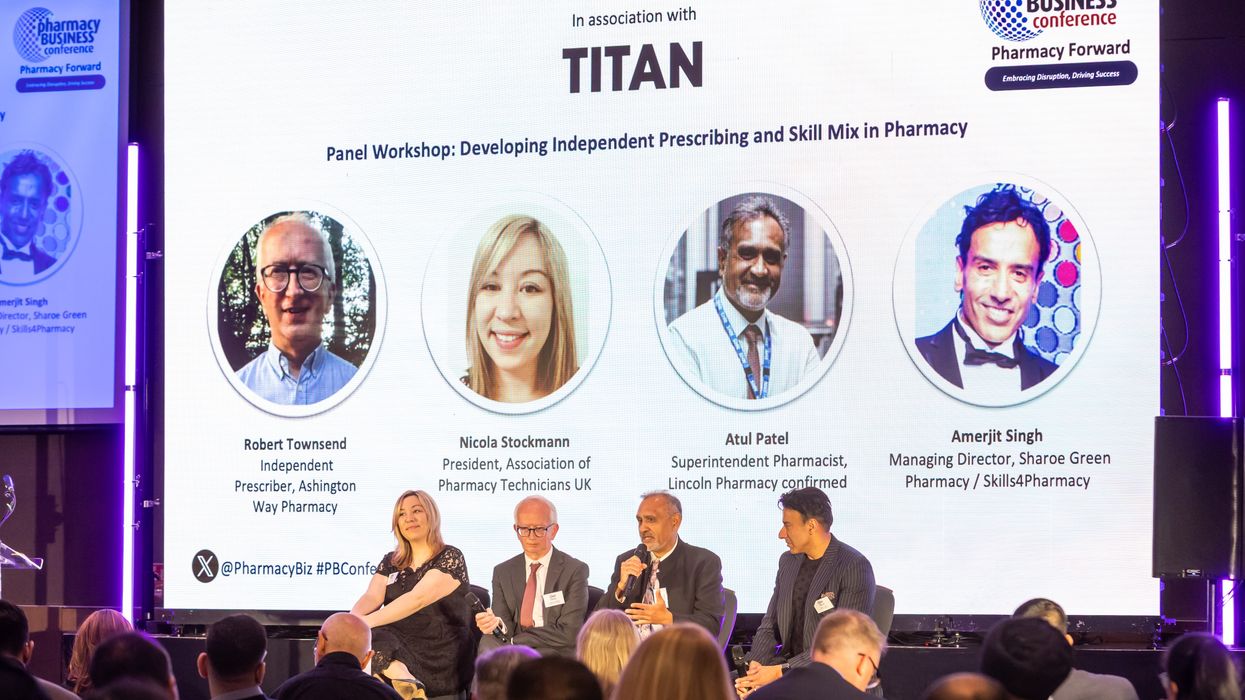GlobalData has identified drug pricing and reimbursement-related concerns as the key impediment to the pharmaceutical industry’s growth in 2022.
These barriers could even force pharmaceutical companies to reassess their pricing strategies and market focus this year, the data analytics and consulting company said in its latest report – ‘The State of the Biopharmaceutical Industry – 2022’.
The report elicited strong responses from healthcare industry professionals in terms of factors having a negative impact.
The report is based on the research, covering opinions and expectations of 177 global healthcare industry professionals surveyed during November 17, 2021 - December 17, 2021, to gauge the 2022 outlook for the industry.
Urte Jakimaviciute, senior director of market research at GlobalData, said: “The majority of healthcare industry professionals viewed the drug pricing and reimbursement constraints trend as having a negative impact on the pharmaceutical industry in 2022. This is most likely due to the increase in drug prices being scrutinized by governments due to the need to contain healthcare spending, control inflation, and offset borrowing booms caused by Covid-19. This will create a greater need for payers to put control on prices and implement reimbursement constraints."
She added that factors like inflationary pressure on the cost of raw materials, active ingredients, and intermediates will drive the pharmaceutical products price growth.
The report quoted example of the US, where increasing prescription drug prices has been on the government’s radar, and similar to earlier years, in January 2022, several US firms raised prices of prescription medications, including oncology, immunology and cardiovascular diseases drugs.
Jakimaviciute said: “Although Biden’s attempts to introduce pharmaceutical pricing and reimbursement controls - even if it would not amount to full price control - have been met with enthusiasm by many consumers in the US, the stalling progress is diminishing the prospects of a reform. The yearly price raises in the US have become a tradition now."
She added that drug pricing issue has been a big barrier for the industry’s growth since 2018, adding, “the industry trends such as growing importance of Environmental, Social, and Governance (ESG) and patent expiry of biologics may eventually help to control the price hikes.”

















